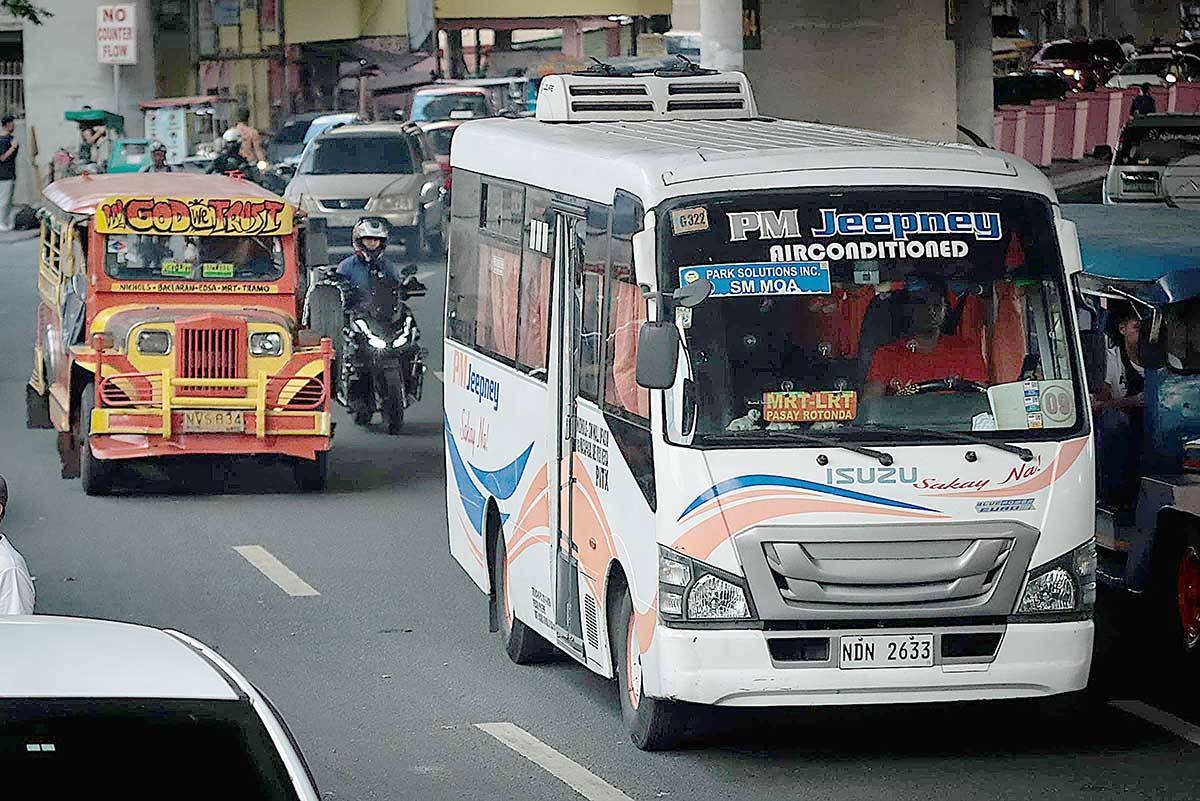The Supreme Court has recently denied a petition filed by jeepney operators and drivers to nullify the government’s Public Utility Vehicle Modernization Program (PUVMP). The court ruled that the association that filed the case, Bayyo Association Inc., did not have the legal standing to do so and should have gone to a lower court first. While this ruling does not address the constitutionality of the program itself, it has significant implications for the future of the PUVMP.
Bayyo Association Inc., an association of 430 jeepney operators and drivers in Metro Manila, challenged the validity of the Department of Transportation’s (DoTr) Department Order (DO) 2017-011, which implemented the PUVMP in 2017. The program aims to replace old jeepneys with vehicles that have at least a Euro 4-compliant engine to reduce pollution and improve roadworthiness. Additionally, the PUVMP requires jeepney drivers and operators to join or form cooperatives to ensure better regulation and coordination within the industry.
In its petition, Bayyo argued that the DoTr order is an invalid delegation of legislative power and is unconstitutional because it violates the due process and equal protection clauses of the Constitution. However, the Supreme Court did not rule on these points. Instead, the court denied the petition based on the lack of legal standing of the petitioners.
Associate Justice Maria Filomena Singh, who wrote the decision, noted that Bayyo failed to establish the identity of its members and their authorization to file the petition. The Supreme Court emphasized that Bayyo’s certificate of registration issued by the Securities and Exchange Commission (SEC) only proves its registration as an association but does not establish its members as PUJ operators and drivers. Without proper documentation and proof, the court could not ascertain Bayyo’s legal standing.
Furthermore, the Supreme Court highlighted that the petition violated the principle of hierarchy of courts. This principle requires that a petition must first be brought before the lowest court with jurisdiction and then appealed until it reaches the high tribunal. Failure to comply with this requirement is grounds for dismissal. The court stated that the issues raised by the petitioners were not purely legal and did not justify deviation from the hierarchy of courts.
While the Supreme Court’s ruling does not directly address the merits of the PUVMP, it raises questions about the program’s future. The PUVMP has been a contentious issue, with critics arguing that it is confiscatory, anti-poor, and deprives PUJ operators and drivers of their livelihood. These concerns include the financial impact of the modernization program, such as the cost of upgrading jeepneys, obtaining loans and debts to purchase new vehicles, and potential losses in daily income for operators and drivers.
It is worth noting that the Supreme Court’s decision does not settle these concerns. Instead, it highlights the importance of proper legal standing and adherence to the hierarchy of courts. The ruling underscores the need for clear and well-documented petitions that address legal issues and follow established legal procedures.
As the PUVMP continues to be implemented, it is crucial for stakeholders to engage in constructive dialogue and work towards finding solutions that address the concerns of all parties involved. The modernization of public transportation is a complex issue that requires careful consideration of environmental, economic, and social factors. By fostering open and inclusive discussions, it is possible to develop a program that balances the need for modernization with the welfare of operators and drivers.
In conclusion, the Supreme Court’s denial of the petition to nullify the Public Utility Vehicle Modernization Program has significant implications for the future of the program. While the ruling does not directly address the merits of the PUVMP, it emphasizes the importance of legal standing and adherence to established legal procedures. Moving forward, it is essential for all stakeholders to engage in constructive dialogue to address the concerns raised by PUJ operators and drivers while working towards a more modern and sustainable public transportation system.







